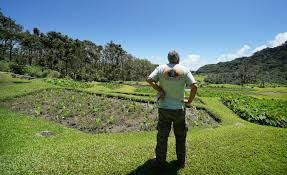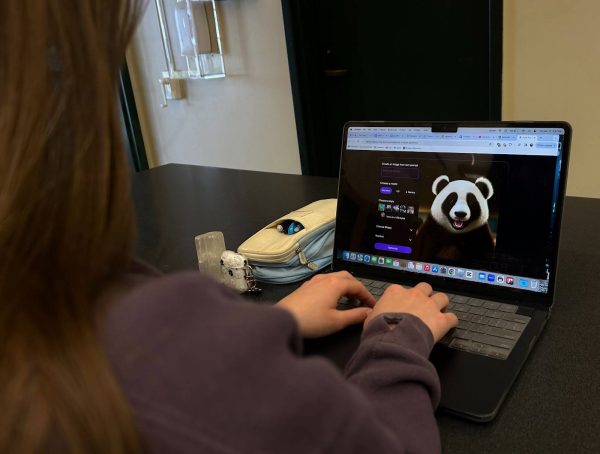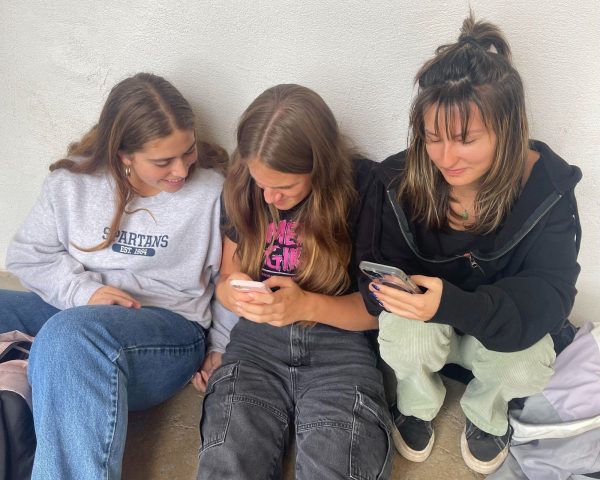Writing: Connections From A Solitary Act

Since the incident mentioned in my speech this past week where one of my readers texted me a few months ago to tell me that my blog had helped him so much, I’ve been eager to find more ways to share my writing with others. Hearing how greatly one of my pieces helped him has encouraged me to learn about myself as well. All because of a blog post about lessons I learned from the hit LGBTQ netflix series ‘Heartstopper.’ A connection I made with someone from writing; an activity often dubbed as a solitary act. Recently, I ponder the question of whether or not writing is a solitary act or not.
Writing—be it books, short fiction, creative nonfiction etc.—looks to non-writers, and writers to some extent, as a solo endeavor. Many famous authors discuss spending entire days cooped up in their apartment writing endlessly: from tiny poems to full-fledged books. Authors such as John Boyne, who is well known for his best-selling historical memoir “The Boy in the Striped Pajamas”, penned this contemporary classic in only 3 days (pretty cool huh!?), only taking short breaks, not sleeping Tuesday and Wednesday till this contemporary classic was complete.
Much of my writing I do alone too. My most recent blog post was started while I was sitting in the red chair of my quiet room, with nothing but a bag of salt & vinegar LAYS chips or a tube of STAX sour cream & onion potato chips to keep me company. I recall finishing an AP Lang essay in the presence of the blank TV screen and a microwave clock, informing me I will be receiving only 4 hours of sleep tonight. Whether it was an A on the paper or a literary journal deadline, I never felt a presence other than my own in their creation of my literary works.
My writing, however, was never a solitary endeavor because writing is in itself a solitary activity, rather, I am a solitary human being. And by extension the things I do are solitary. Since 9th grade, I have learned to be more and more solitary throughout the years. When you don’t have that many classes with your friends, have trust issues, and few people ask you to be their partner for projects, you may learn to be solitary as a learned helplessness—like I did. You end up saying “I’ll do it myself” too many times, to the point where you do it yourself too much. Extroverted people tell me they could never be a writer because of how solitary of an act it is. Writing, however, like many things in life, is what you make of it, and how you put it to use.
One of writing’s biggest pros is that you do anything with it and control how far you go with it. Do you want to keep a record in your diary of the sweet thing that boy said to you the other day? Yes, you can do that. Do you want money? You can get some. Do you want to get accepted into your dream college? That’s perfectly okay. Do you want to get onto the New York Times best-seller list? That’s completely possible. Do you want to change someone’s life? That’s 100% possible, just grab a pencil and paper—or a laptop and a keyboard in the case of this era. Do you want to share your writing for the world to see? You can do that! Do you want to keep it to yourself or only show it to a limited number of people? You can do that too!
Up until the summer of 2022 before senior year, I chose to keep being solitary with my writing. I had never thought about submitting a short story to a single literary journal. I never tried to publish any stories, even through a cheap self-publishing venue of some sort. “I could never” the old me would say. That summer I thought hard about how I could use my passions and talents to help serve the LGBTQ community when the idea of sharing pieces through my blog sounded like the right thing for me. I told my mentor Galadriel about it, and she seemed to really like the idea—or at least thought it was interesting.
As I mentioned in my speech, this was a new style of writing than I am used to writing. Despite the slightly difficult transition between fictional writing to more of a magazine-style writing, it was the part of finally being able to share my work with others and put myself out there that was the hardest part of it.
Normally I would call my Mom’s bluff because she is my mom, but I believed her when she told me that journalistic writing, especially about a heavy topic, requires the maximum amount of accuracy you can find to achieve. In writing journalism, you have to learn to be vulnerable.
When you are still struggling with being not straight and write about being not-straight regularly, being vulnerable is hard. However, through being vulnerable and sharing a part of my life on my blog, I helped someone else and myself explore deeply into their identity and who they are. Writing not only allows me to connect with others but also with myself. When I help others learn about themselves, I find I learn about myself too.
Though you may not think so, talking about your identity can bring you a deeper connection to others as well as to yourself. Just as I mentioned in my speech, no story, including yours, is ever not worth sharing. No matter what your story is, it is among the strongest connections to your identity you will ever have in life. You can use that same connection to your identity that stems from your story and use it to connect others to you. So that you may enlighten them with who you are and assist them in finding their bliss. Knowing that my writing has helped someone, and given them a connection to me, I feel less alone writing this than I would have last year. I realize that my writing has a purpose and will always want to be heard by someone. You’ll never know how much a magazine wants your short story until you submit it. You’ll never know how many lives you can change if you don’t release this story. You’ll never truly know how well you connect with others if you don’t share. So do like Nike’s motto says and “just do it.”




